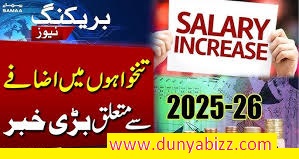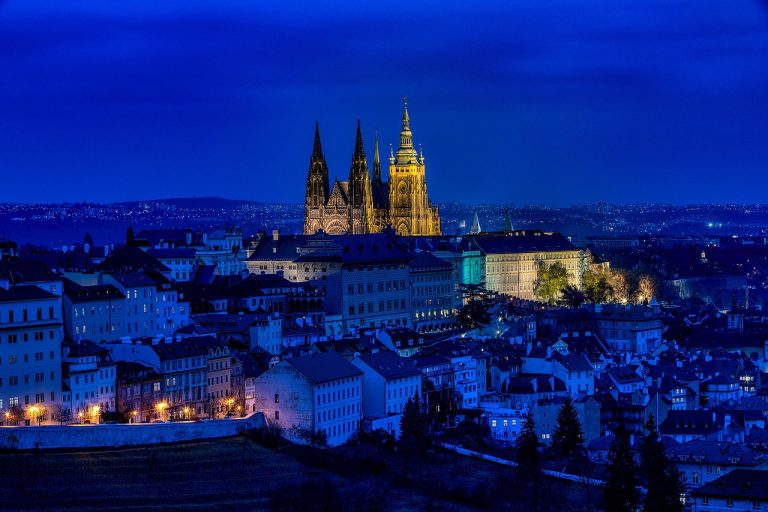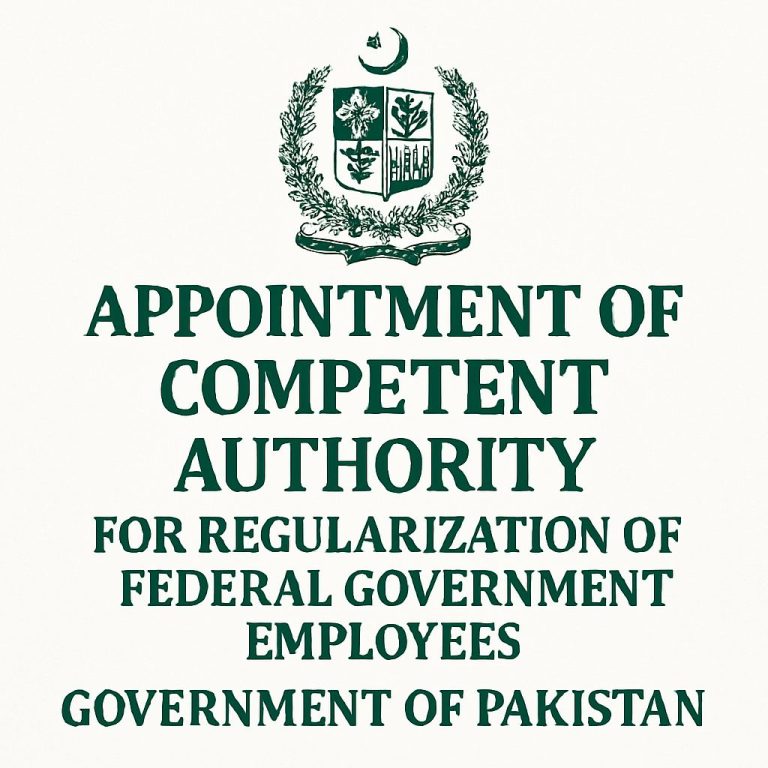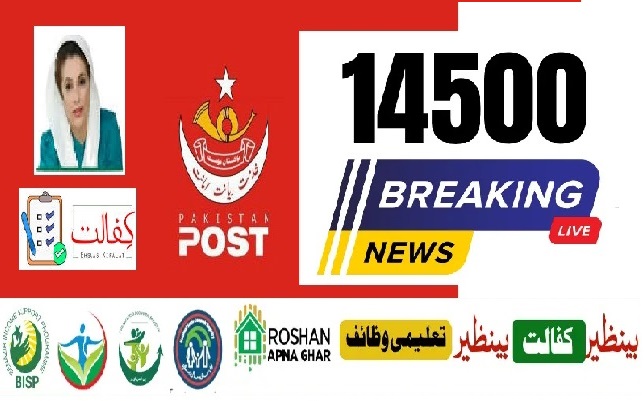
In recent years, social media has become a powerful tool in shaping public opinion across the globe. In Pakistan, platforms like Facebook, Twitter, Instagram, and YouTube have not only revolutionized how people communicate and interact, but also how they form opinions, engage in debates, and even participate in social and political movements. As we move further into the digital age, the role of social media in shaping public opinion in Pakistan is increasingly significant, influencing everything from politics to cultural norms.
The Rise of Social Media in Pakistan
Over the past decade, social media usage in Pakistan has grown exponentially. With an increasing number of Pakistanis gaining access to the internet and smartphones, platforms like Facebook and Twitter have become ubiquitous in daily life. As of 2025, the majority of Pakistan’s population has access to at least one social media platform, making it an essential tool for communication and information exchange.
For many Pakistanis, social media is their primary source of news and updates. Traditional media, such as newspapers and television, continue to hold sway in certain circles, but digital platforms are increasingly the go-to for the latest information. This shift in how people consume media has had a profound impact on how public opinion is shaped in the country.
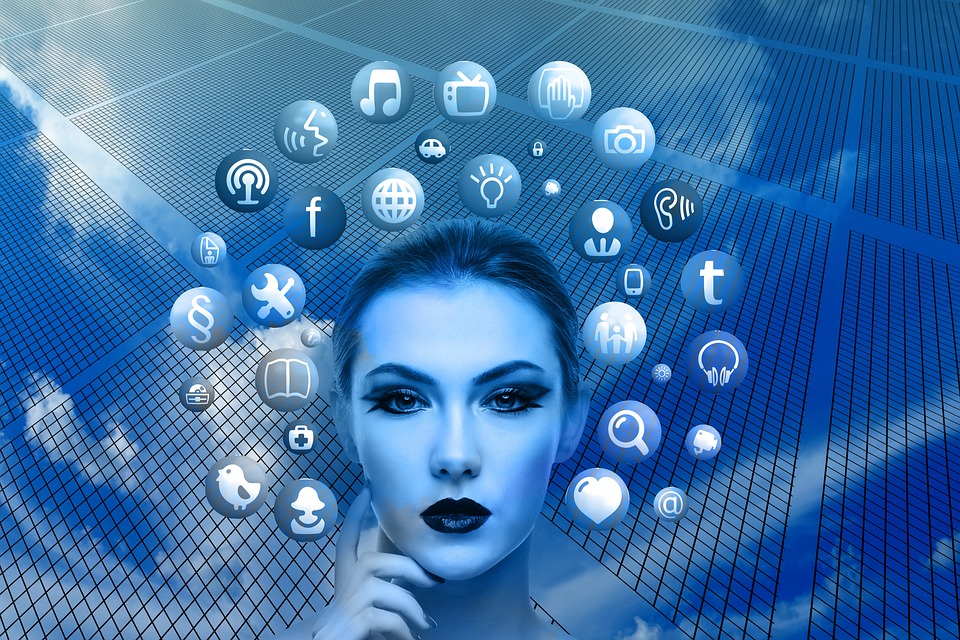
Social Media’s Role in Political Opinion
One of the most significant ways that social media influences public opinion in Pakistan is through its role in politics. In recent years, politicians and political parties have increasingly embraced social media as a tool for campaigning, engaging with voters, and shaping public perception.
Social media platforms provide a direct line of communication between politicians and the public, bypassing traditional media channels. This allows politicians to share their messages, rally supporters, and respond to critics in real-time. Political leaders in Pakistan have used social media to announce policies, launch campaigns, and even respond to crises, making it a vital part of modern political discourse.
However, social media’s impact on political opinion is not always positive. The anonymity and ease of information dissemination on platforms like Twitter and Facebook have led to the spread of misinformation and fake news. In Pakistan, this has contributed to polarized political environments, where false narratives and misleading claims can sway public opinion. The rapid spread of unverified news has also led to social unrest and protests, as individuals act on misinformation without fully understanding the facts.
Social Media’s Influence on Social and Cultural Issues
Beyond politics, social media also plays a crucial role in shaping public opinion on social and cultural issues in Pakistan. Platforms like Instagram and YouTube have provided space for young Pakistanis to share their views on topics ranging from gender equality to environmental sustainability.
Social media has become a powerful tool for advocating for social change, especially among Pakistan’s youth. Movements like *#MeToo* and *#BlackLivesMatter* have found resonance in Pakistan, with local activists using social media to share personal stories, raise awareness about injustices, and mobilize for change. These platforms have given Pakistanis a voice to discuss issues that were once taboo, such as women’s rights, LGBTQ+ rights, and religious tolerance.
In addition to social activism, social media has also played a role in redefining Pakistani pop culture. Celebrities and influencers have become a dominant force in shaping cultural trends, with young people flocking to social media to follow their favorite stars, engage with brand campaigns, and discover new forms of entertainment. Fashion trends, music preferences, and even beauty standards are being set on social media, with influencers and celebrities acting as cultural tastemakers.
The Role of Social Media in Education and Awareness
Social media has also become a significant platform for educational content and awareness in Pakistan. Influencers, educators, and activists use platforms like YouTube, Instagram, and Twitter to share valuable information on a variety of topics, from science and technology to mental health and personal finance.
This democratization of knowledge has allowed Pakistanis to access free educational resources that were once limited to formal institutions. With the rise of e-learning platforms and online courses, social media has opened up new avenues for skill development, allowing young Pakistanis to upskill themselves and become more competitive in the global job market.
The Dark Side: Misinformation and Polarization
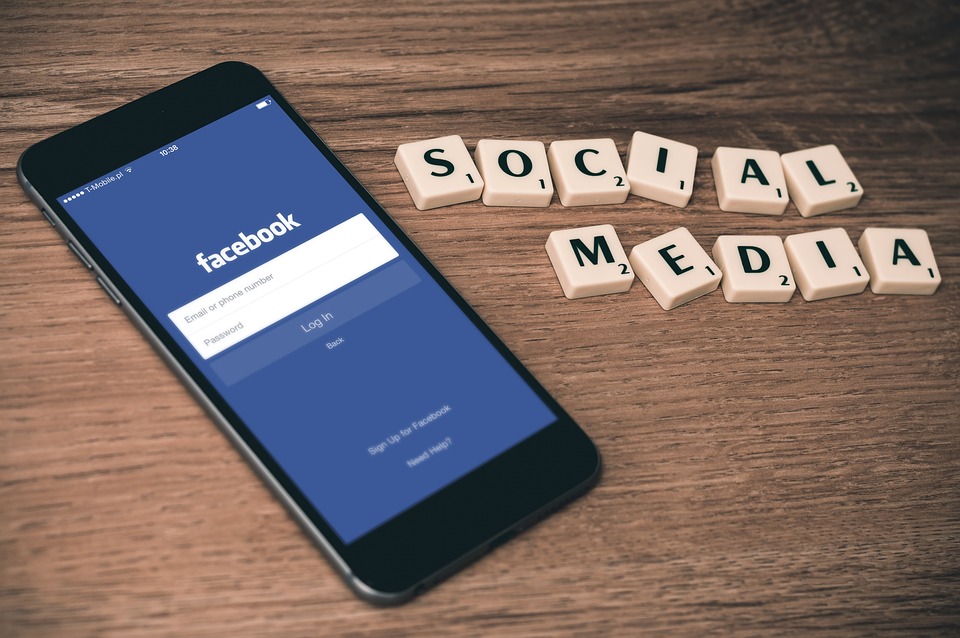
Despite the many positive aspects of social media, there is also a dark side to its influence on public opinion in Pakistan. The spread of misinformation, hate speech, and fake news has become a significant problem. Social media platforms are often used to spread divisive content, which fuels societal polarization and creates an environment where people become more entrenched in their beliefs, regardless of the truth.
The proliferation of fake news and misleading narratives can have serious consequences, particularly in the realm of politics. In Pakistan, false information has been used to manipulate elections, incite violence, and sow division between different ethnic, religious, and political groups. This highlights the need for greater regulation and oversight of social media platforms to ensure that they are used responsibly and ethically.
Conclusion
In conclusion, social media plays a pivotal role in shaping public opinion in Pakistan. From political discourse to social activism, the impact of social media on how Pakistanis form opinions and engage with the world is undeniable. While there are many positive aspects of social media’s influence, such as its ability to empower marginalized voices and facilitate social change, there are also significant challenges, particularly in the form of misinformation and polarization.
As social media continues to evolve and expand, it will be crucial for Pakistanis to develop critical media literacy skills to navigate the digital landscape responsibly. By using social media thoughtfully and ethically, Pakistan can ensure that it continues to be a force for good in shaping public opinion and driving positive social change.

